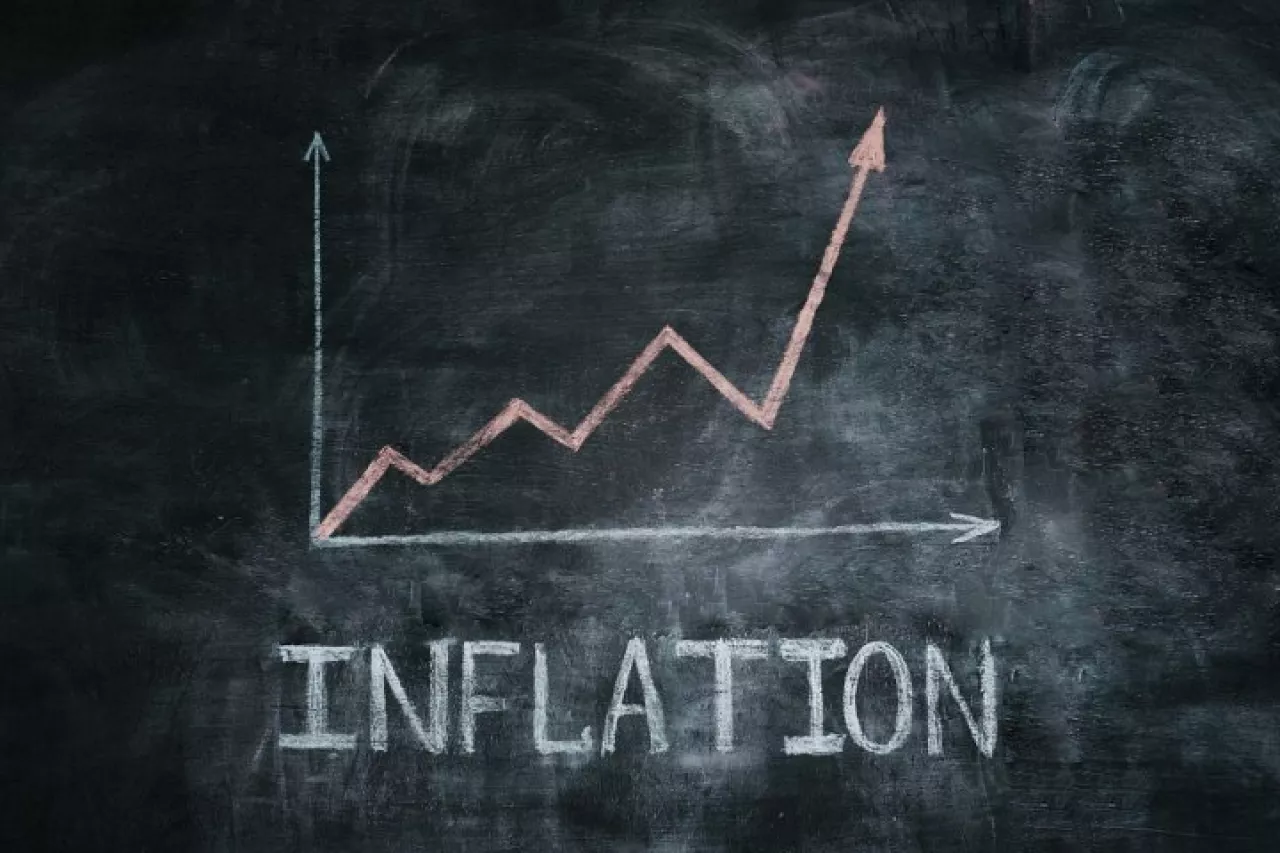The Central Bank identified inflation risks

The Central Bank of Uzbekistan identified the main factors threatening price stability in the medium term. These risks were assessed as being related to the global economic situation and internal economic processes.
Among the main threats are the decline in the price of gold on the world market, interruptions in energy supply, and the expansion of the state budget deficit. On October 24, Chairman of the Board of the Central Bank Timur Ishmetov presented the main directions of monetary policy for 2026 and the main aspects of the conceptual project for the period 2027-2028.
So far, this document has not been officially announced to the public, but the main parameters and scenarios have been announced. According to the Central Bank's baseline scenario, the global economy will continue to grow moderately but unstably, gold prices will remain high, and there will be no sharp fluctuations in the foreign exchange market.
In the domestic market, it is expected that aggregate demand will stabilize, lending rates will normalize, and the state budget deficit will not exceed 3% of GDP. According to forecasts, under these conditions, real GDP growth in 2026 will be 5.5-6.5%, and in the next two years it will accelerate to 6-7%.
The inflation rate is expected to decrease to 7% by the end of 2026, and to the target of 5% in 2027. This optimistic forecast takes into account the continuation of the privatization process, the stability of the flow of private and foreign investments, and the absence of serious climate change.
At the same time, the Central Bank also analyzed a number of shocking scenarios that could affect macroeconomic stability and inflation. The main risks are:
- Foreign economic threats: sharp devaluation of the currencies of trading partner countries, a significant decrease in the price of gold, and an increase in the cost of imported food products.
- Internal fiscal and infrastructural problems: exceeding the planned indicators of the state budget deficit, as well as systemic interruptions in the supply of electricity.
- Climate and consumption factors: a sharp increase in consumer demand, stimulated by adverse weather conditions and new credit opportunities, which can negatively affect agriculture.
- Normative changes: a sharp increase in regulated prices above the general inflation rate. At the same time, there are factors that can contribute to a faster decline in inflation.
In particular, a sharp increase in the price of gold and the intensification of privatization processes can serve to improve the investment and competitive environment in the country. Timur Ishmetov emphasized that in the event of one of the shocking scenarios, the regulator is ready to promptly adjust the tightness and duration of the monetary policy instruments.
Gold constitutes the main part of Uzbekistan's exports, and its price directly affects state budget revenues and the stability of the national currency. According to experts, precious metals account for about 38% of the country's export revenues.
Read “Zamin” on Telegram!















